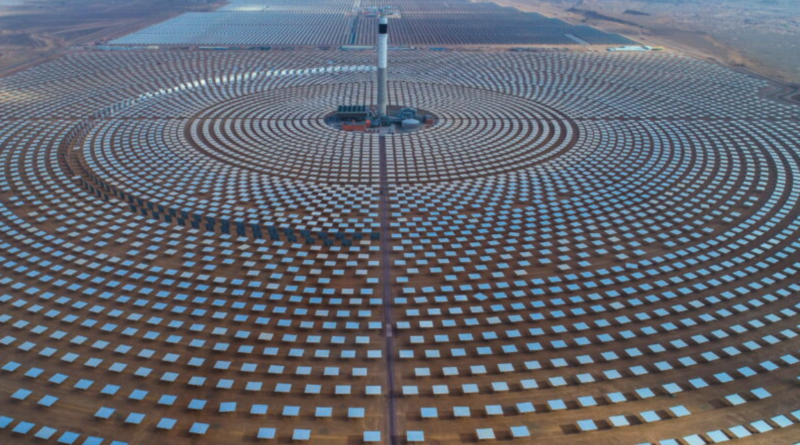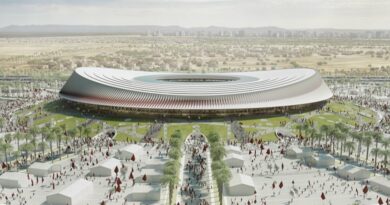Is Moroccan solar a solution to Europe’s energy problems?
Europe’s dependence on Russian energy exports has been exposed following the Russia’s invasion of Ukraine. Germany, in particular, has made itself largely reliant on Russian energy. Germany has had a strategic partnership with Russia to the point of neglecting plans to build solar farms in North Africa after the Arab Spring that would supply it with 15% of its energy needs.
The German narrative is that North Africa is unstable and untrustworthy for long-term energy projects. However, the Ukraine war has changed everything, and the sudden need for alternative energy has renewed interest in solar projects intended for exporting electricity to Europe.
The Focus is once again on Morocco which already has undersea electrical cables crossing the 15 km (10 miles) span to Spain at the Strait of Gibraltar. The country has opened the largest concentrated solar power plant in the world and is now attracting interest from European leaders as a straightforward way to secure large amounts of green power.
Meanwhile, Algeria is deeply invested in oil and gas and refuses to take action on building solar power, while neighboring countries Tunisia, Libya, Egypt, and Mauritania are all facing instability that invokes anxiety in European capitals.
Past proposals have suggested that North African energy projects could meet a sizable part of Europe’s electricity demand. Over a decade ago, the unrealized project called Desertec intended to invest $436 billion in solar power to provide 15 percent of Europe’s energy needs. However, it collapsed due to the fall out following the Arab spring, economic crisis in Europe, and the availability of cheap fossil fuel from Russia.
The economics of ambitious projects now make a lot more sense, with the cost of solar power dropping and the cost of fossil energy higher than before the invasion of Ukraine. According to energy economist Jonathan Walters, who specializes in the Mediterranean and is a former director at the World Bank, “the amount of electricity that could be generated in North Africa and the Middle East “depends almost entirely on how rapidly Europe wants to green its energy supply.”
It remains to be seen whether the Moroccans will benefit from the plans or these serve only European interests. Morocco has invested heavily in solar projects in the past, only for Europe to abandon the idea of importing energy from North Africa in favor of cheaper alternatives, leaving Moroccans to bear the burden of huge losses.



